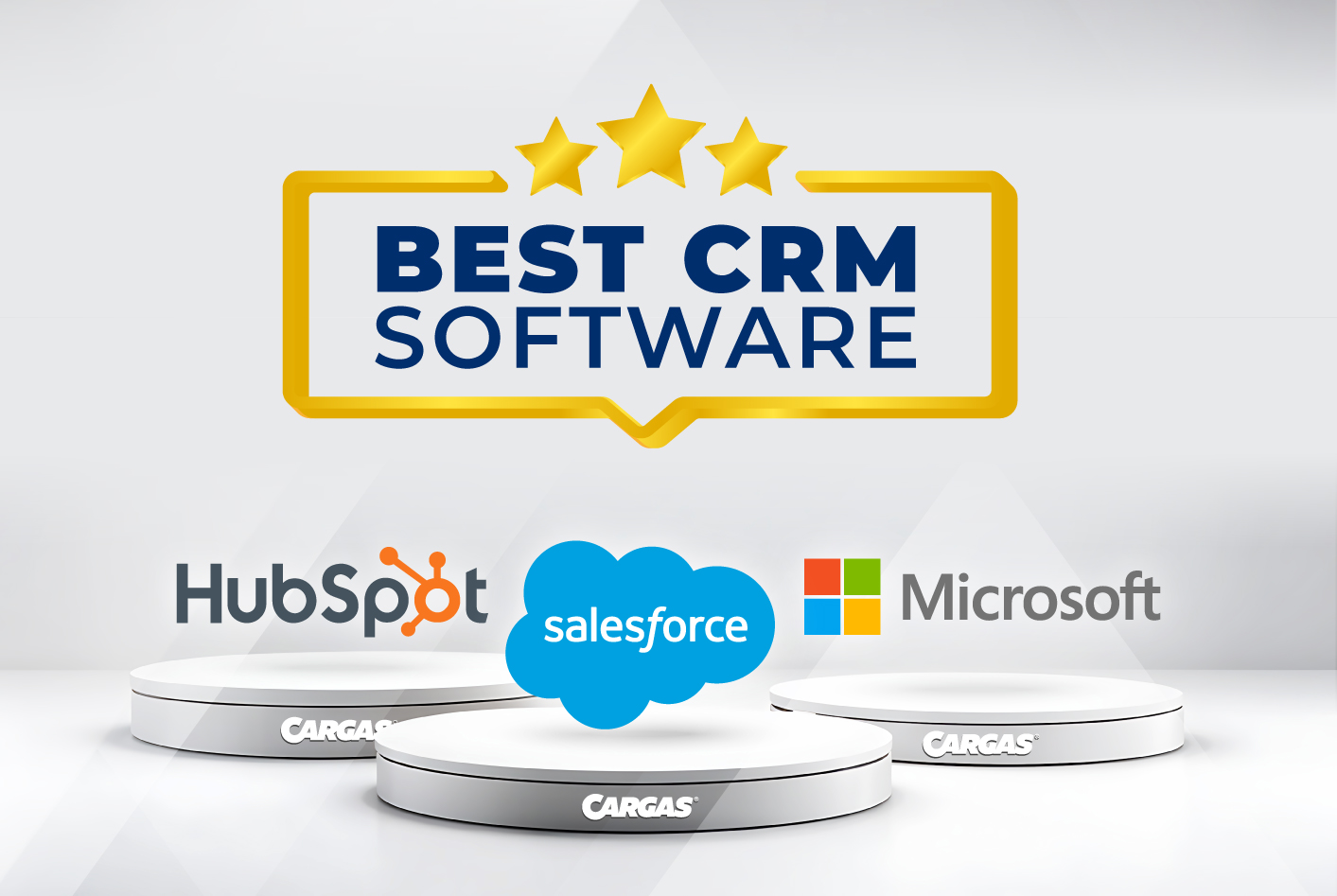ARTICLE | 5 MIN READ
Why Your Manufacturing Company Should Implement a CRM
Why should manufacturers use customer relationship management software?

What Is a CRM?
Customer Relationship Management (CRM) software is built for sales, marketing, and customer service teams that work together to manage everything involving customers. CRM solutions offer many ways to keep customer information organized, such as tracking leads and activities, streamlining the quoting and ordering process, and managing customer accounts.
How Does Customer Relationship Management Relate to Manufacturing?
Manufacturers and distributors already use ERPs, PLMs, inventory management software, and other solutions that manage raw materials and manufactured goods. However, one industry aspect is increasingly important for companies that wish to stay competitive—customer experience.
Whether your manufacturing company is B2B or B2C, tools that forecast demand, automate sales, and create an intelligent supply chain are pretty handy. With these tools at your fingertips, you can create efficiency, streamline your manufacturing processes, and keep your customers happy.
CRMs also play an important role in the quote-to-cash process. Without a CRM, businesses may find this process cumbersome. By connecting your sales data with your operational data, you can accelerate the sales process and give the operations team better insight into upcoming work. Part of a great customer experience is providing a positive quote-to-order experience. Integrating an ERP with a CRM makes this process smooth and improves visibility for the whole company.
While operational systems are crucial for manufacturers, any “included” CRM functionality lacks the specialized features boasted by dedicated CRM systems. A high-performance sales solution will help your team achieve and surpass its goals.
What CRM Options Do Manufacturers Have?
There are countless CRMs on the market, but not all are equipped to handle manufacturing needs. You’ll want to be on the lookout for specific features and traits in CRMs for manufacturing, such as:
- Robust forecasting to shorten lead times while meeting customer demand
- Powerful lead management features that prioritize high-quality leads so there isn’t a missed opportunity
- Improved visibility between departments to break down silos between sales and operations while encouraging a better understanding of the supply chain
- Distributor and dealer relationship management to juggle pricing, demand, and self-service quoting
- Seamless integrations with the other solutions in your software environment, from pre-built connections with existing ERPs to general synchronization capabilities
Some CRMs are small-scale and straightforward, while others are fleshed out with more bells and whistles than most manufacturers will need. It is your job to determine the features you want and the features you need, which will help you identify the best-fit solution.
What Is CRM Implementation Like for Manufacturers?
The key to successful implementation is twofold. Firstly, your company should select the best-fit implementation partner. Software developers rely on a network of qualified consulting partners to handle implementations for new customers. Choosing a partner is just as involved as choosing which software you would like to implement! The best partner will have experience with your desired software solution and your industry and can provide support and training on an ongoing basis.
Having the right software partner can lead to the second aspect of a successful implementation—buy-in from stakeholders. It’s not just your sales team that needs to be excited about using a CRM. Your IT department, executives, and other team members will interact with the software or its data at one point or another, and they should feel comfortable clicking around and locating what they need. Building support for the software among stakeholders can take time, but proper training and transparent conversations can expedite the process.
Your Next Steps
If you think a CRM system might benefit your business, you should take the time to explore your specific needs, budget, and timeline. This will help guide your search and keep you focused on your top priorities as you begin evaluating products and talking to vendors. Here are some important questions to start with. For more information about successfully choosing and implementing software for your business, check out our ultimate guide.
- What are the biggest problems we’re trying to solve?
- What’s our budget for the initial purchase? For ongoing costs and maintenance?
- When do we want a new tool in place?

Let’s Chat
If you think a CRM is a good investment for your business, let’s chat. We’ll help you figure out your needs, budget, and timeline.


